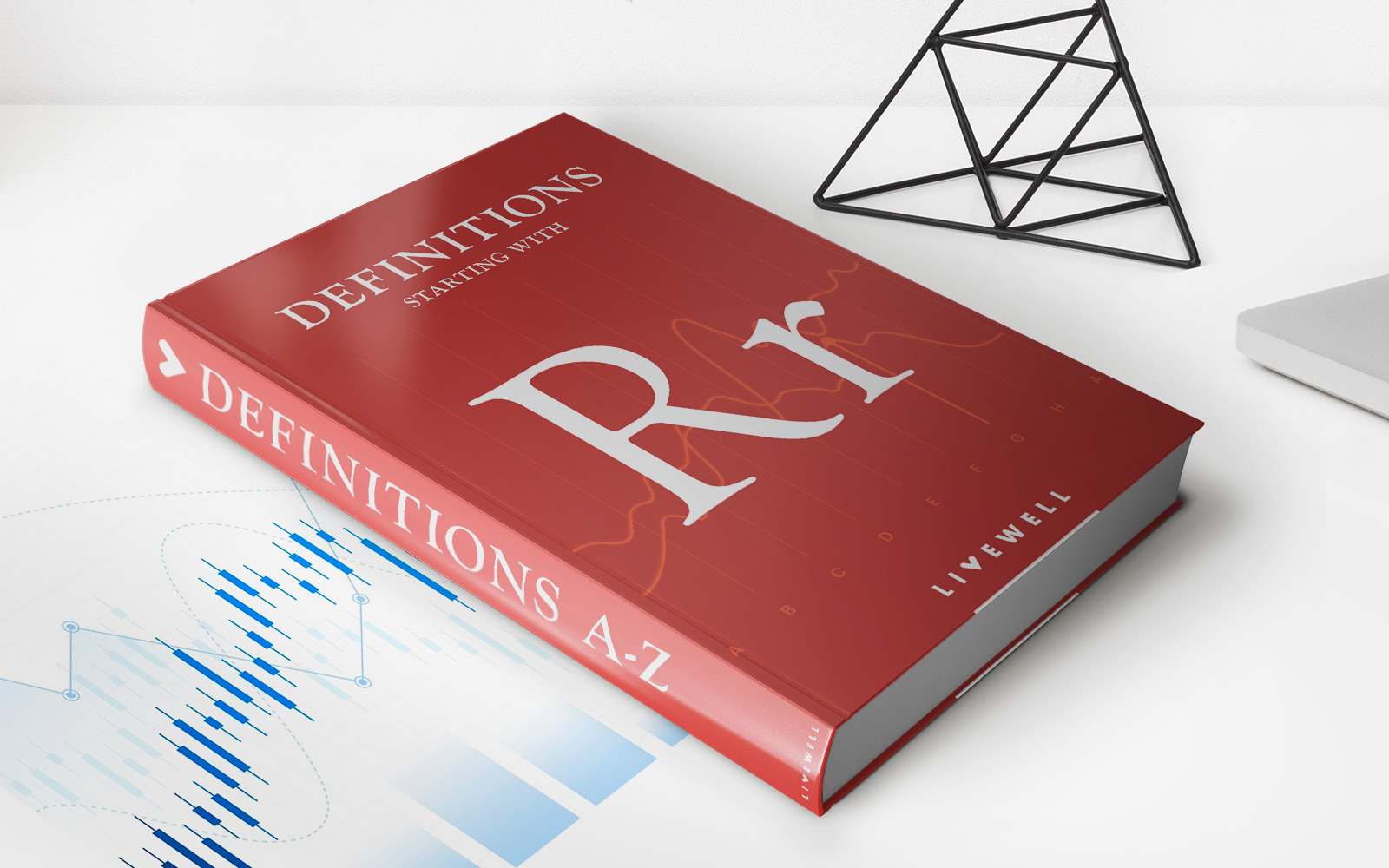

Finance
De-Escalation Clause Definition
Published: November 8, 2023
Learn what a de-escalation clause means in the world of finance. Understand its purpose and how it can benefit both parties in a contract.
(Many of the links in this article redirect to a specific reviewed product. Your purchase of these products through affiliate links helps to generate commission for LiveWell, at no extra cost. Learn more)
Understanding the De-Escalation Clause in Finance
Welcome to the world of finance! Today, we’re going to explore an important concept that can significantly impact your financial decisions – the de-escalation clause. Whether you’re a budding investor or simply curious about finance, understanding this clause can help you avoid potential pitfalls and make informed choices. But what exactly is a de-escalation clause and why is it important? Let’s dive in!
Key Takeaways:
- A de-escalation clause is a contractual provision that allows for a reduction in costs or prices under certain predefined conditions.
- It provides an opportunity for parties involved in a contract to renegotiate terms based on fluctuations in market conditions.
A de-escalation clause is essentially a safety net built into contracts to address changes in financial circumstances. It provides a means for parties involved to revisit and potentially adjust the terms of the agreement, ensuring fair and balanced outcomes. Let’s take a closer look at how de-escalation clauses work and why they matter.
In the world of finance, market conditions are constantly in flux. Prices may rise or fall, and circumstances change. With a de-escalation clause in place, parties can effectively protect themselves against unforeseen events that may impact the value or cost associated with a contract. This provision acts as a mechanism for renegotiation, allowing parties to adapt and reach a mutually beneficial agreement based on current market conditions.
Contractual agreements that contain de-escalation clauses typically outline specific trigger points that initiate the renegotiation process. These triggers may be based on predetermined factors such as changes in interest rates, commodity prices, or inflation rates. Once a trigger is activated, the involved parties come together to negotiate new terms that align with the current financial landscape.
Having a de-escalation clause in place can provide several advantages. Here are a few key benefits:
- Protection against volatile market conditions: By incorporating a de-escalation clause, parties can safeguard themselves from substantial financial losses caused by unexpected fluctuations.
- Opportunity for fair pricing: The renegotiation process facilitated by a de-escalation clause allows for fair adjustments to pricing or costs, ensuring all parties involved in the contract are treated equitably.
- Flexibility in long-term contracts: De-escalation clauses are commonly used in long-term contracts where market conditions may change significantly over time. This provision enables flexibility and adaptability throughout the duration of the agreement.
It’s worth noting that the applicability and scope of de-escalation clauses may vary depending on the specific contract and industry involved. It’s crucial to consult legal and financial professionals to ensure proper implementation and understanding of this clause.
In conclusion, the de-escalation clause is a powerful tool in the world of finance. It allows parties involved in contractual agreements to navigate changing market conditions effectively. By having this provision in place, a contract becomes more dynamic, reducing potential risks and promoting fair outcomes for all parties. Remember to consider the inclusion of a de-escalation clause in your financial agreements and consult experts for personalized advice.














